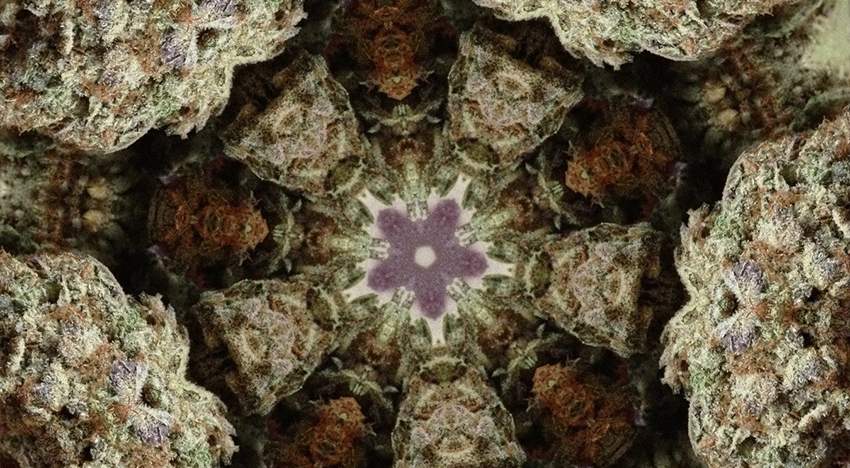Image via
The DEA arrested 25 percent more people for weed last year than they did in 2020, according to the agency’s latest Domestic Cannabis Eradication/Suppression Program (DCE/SP) Statistical Report.
Federal agents seized and destroyed 5.53 million cannabis plants last year, a 20 percent increase over the 4.5 million plants seized in 2020. During these raids, the DEA made 6,606 arrests, 25 percent more than the 4,992 weed-related arrests made the prior year. The feds also seized nearly $104 million worth of assets from cannabis offenders, more than double the sum they nabbed in 2020.
The figures are particularly surprising given that federal pot busts have been declining steadily as more states have legalized weed. According to a recent Justice Department report, the DEA’s total number of cannabis arrests declined by 69 percent between 2010 and 2020. But last year, the feds arrested more people for weed than in any other year since 2011, suggesting that the downward trend may be at an end.
“At a time when the overwhelming majority of voters support legalization, and when more and more states — and even members of Congress — are moving toward this direction, it is troubling to see federal agents and their local partners reversing course and reinvigorating their marijuana-related enforcement activities,” said NORML Deputy Director Paul Armentano in a statement.
Most of these arrests were made in California, with full support from state politicians and legal cannabis industry stakeholders. Golden State officials have actively partnered with the feds to crack down on the state’s black market, which has been able to thrive thanks to the state’s high taxes and opt-out regulations. The DEA seized over 4.7 million black market cannabis plants in California alone last year, more than they seized in the entire US in 2020.
“The fact that these interdiction efforts are growing — at great cost to the taxpayer — despite increasing momentum for legalization is a testament to the failure of federal prohibition and unnecessarily burdensome state regulatory policies,” said NORML Political Director Morgan Fox in a press release. “Lack of access to banking services and capital, high barriers to entry into legal cannabis markets, and exorbitant tax rates at all levels of government are clearly hampering the ability of licensed cannabis businesses to compete with the unregulated market.”
California accounts for 86 percent of all illegal plant seizures and 60 percent of all arrests made by the DEA last year. The feds also confiscated nearly $39 million in assets and over 8,900 weapons in California during these raids. Most other federal drug arrests occurred in states where adult-use weed remains illegal, though. The feds destroyed over 317,000 plants in Kentucky and around 158,000 plants in Oklahoma, and snatched another $29 million in assets in Tennessee.
But although DEA weed arrests reached a peak last year, federal convictions for these arrests at least seem to be on the decline. According to a recent report by the US Sentencing Commission, fewer than 1,000 people were charged with federal cannabis offenses in 2021, and the total number of federal pot charges has dropped by 85 percent since 2012. Many of the offenders in last year’s raids were likely arrested by state police, though, so the total number of people locked behind bars for these offenses remains uncertain.
“The solutions to this situation are beyond obvious at this point, and they don’t involve law enforcement officers putting themselves at risk by dropping out of helicopters or conducting armed raids,” Fox said. “It is incumbent on policymakers to pursue evidenced-based, market-oriented, and justice-focused policies to minimize unregulated cannabis activity, and they’ve never had a better opportunity to do so.”











